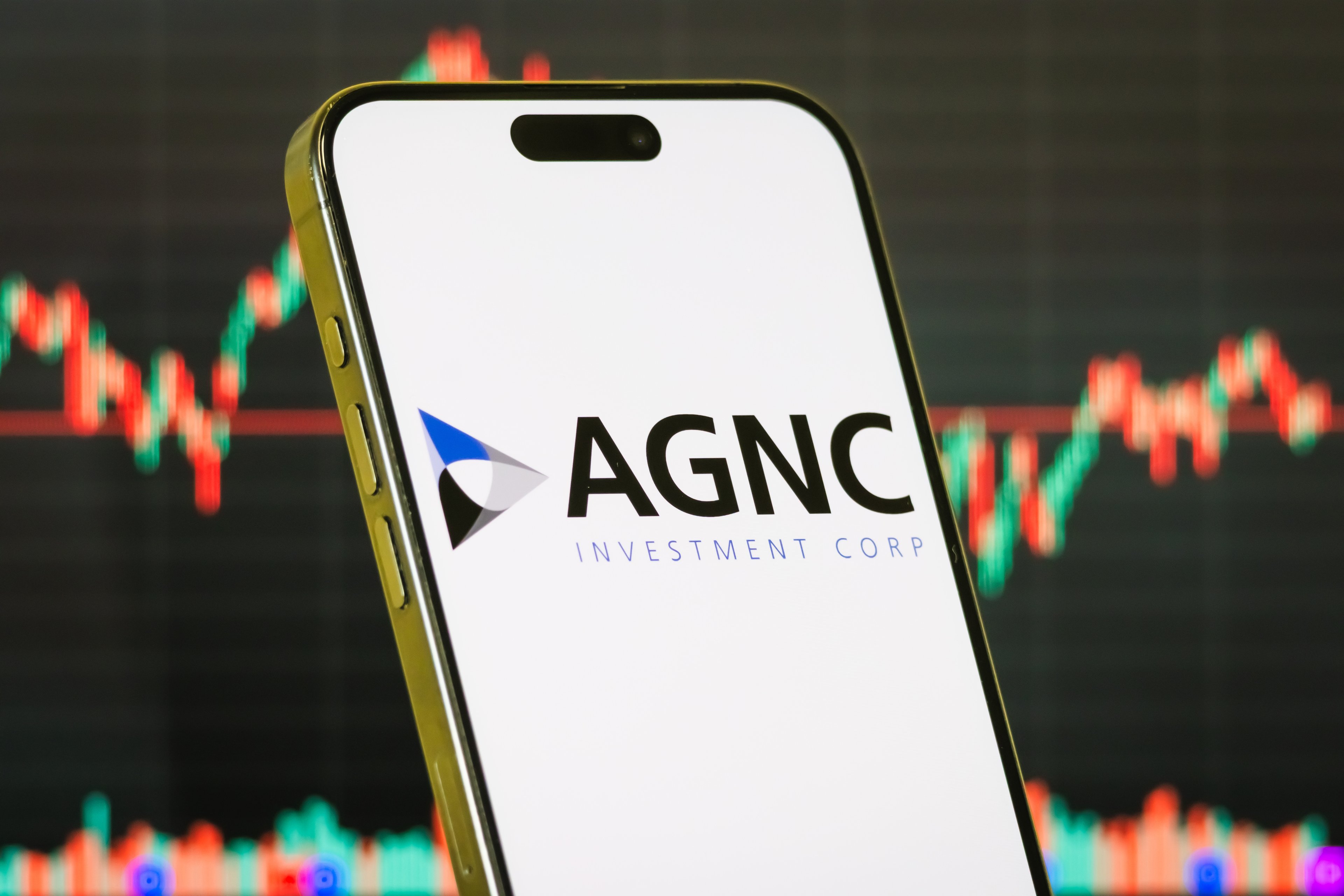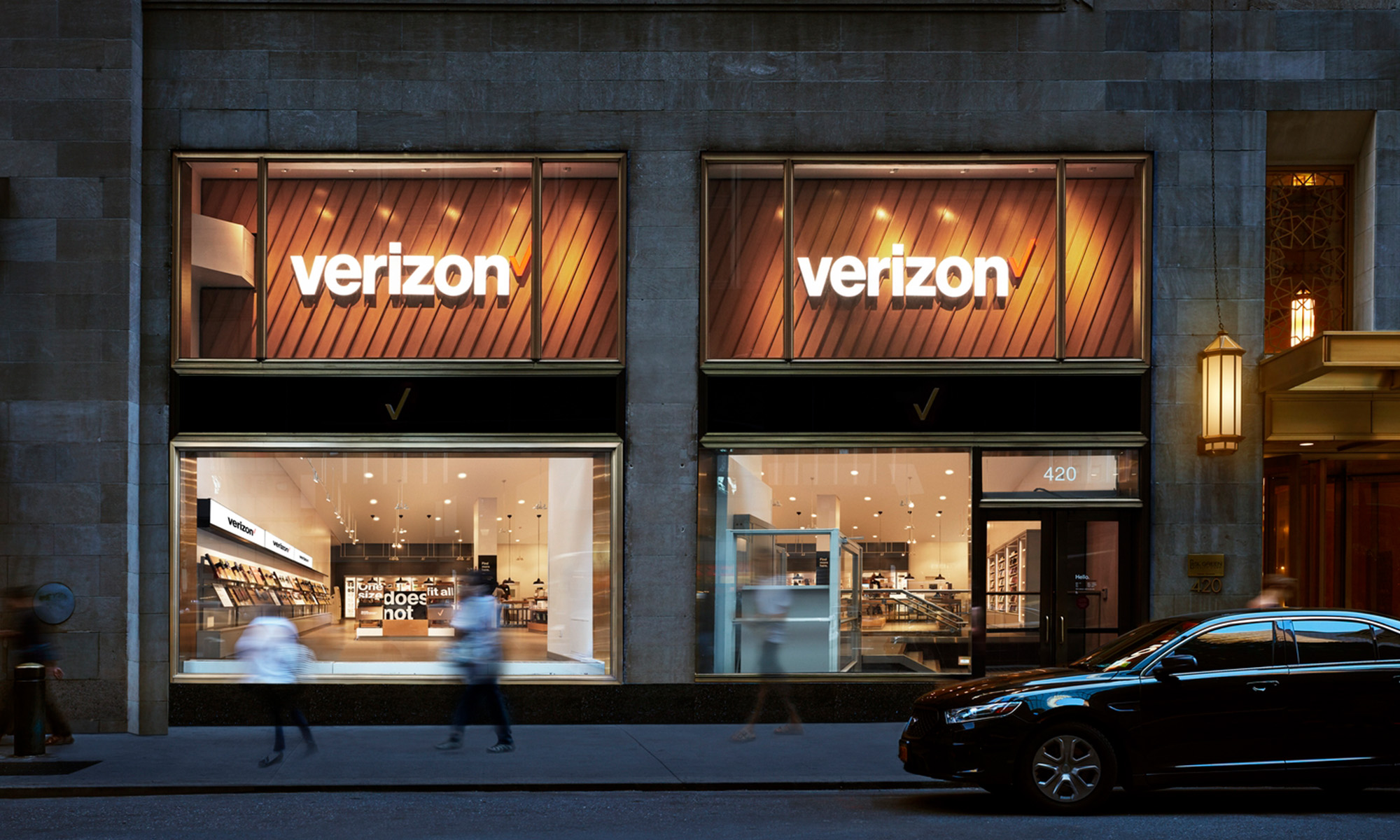In this podcast, Motley Fool contributor Rich Lumelleau and Motley Fool analyst Dave Meier talk with Andy Hoffman, a professor at University of Michigan's Ross School of Business and School of Sustainability. He's the author of 14 books, including his most recent, Business School and the Noble Purpose of the Market.
The conversation covers a motley array of topics including:
- Business and sustainability.
- Business school.
- ESG funds.
- Heresy to dogma.
- Sectors to watch.
To catch full episodes of all The Motley Fool's free podcasts, check out our podcast center. When you're ready to invest, check out this top 10 list of stocks to buy.
A full transcript is below.
This podcast was recorded on July 26, 2025.
Andy Hoffman: We are now altering systems of the Earth. These aren't environmental issues. These are systems breakdowns. To fix the system's breakdown, you have to fix the system that's causing it. That's capitalism, that's the market. I am arguing that we need to start to rethink some of the tenets of the market. I'm not arguing for socialism. Don't worry. But I'm arguing that my sphere of influence is business education so we need to teach business students to be stewards of the market to recognize this is how the market works. This is what it does. This is where it may not work quite so well, and this is how you can play a role in getting it in the right direction.
Mac Greer: That was Andy Hoffman, professor at University of Michigan's Ross School of Business and School of Sustainability. He's the author of 14 books, including his most recent Business School and the Noble Purpose of the Market. Now, recently, Motley Fool contributor Rich Lumelleau and Motley Fool analyst Dave Meier talked with Hoffman about sustainability and business. Rich kicked things off by asking Hoffman about his background.
Rich Lumelleau: Obviously, there's a lot of ground to cover here, but I thought what we'd do is open things up, maybe give us a little bit on your background, including your career path and how that led to this focus on sustainability and then obviously, how it impacts the business and the environment.
Andy Hoffman: Lauren, Loy, how do I make that a short story?
Rich Lumelleau: Take as much time as you need.
Dave Meier: You don't?
Andy Hoffman: I got interested in environmental issues when I was an undergrad. It's interesting because I was a chemical engineering undergrad and environmental issues really weren't a thing so I said I want to do an environmental minor, which basically meant wastewater engineering. The concerns we have today just didn't exist then. I did that. I worked for the EPA for a couple of years, didn't really like. Became a house builder and I built custom homes for five years, some very large custom homes the largest was 29,000 square feet. Went back to grad school. Environmental issues were starting to get much more interesting. Business was doing it because they saw a reason to do it and they were an ally in it rather than an opponent. When I was at the EPA, I was an inspector. I just showed up at people's doors and ruined their day by doing an inspection. Now companies were actually focusing on these issues in a constructive way because at the end of the day, something that animates my work is that if we're going to solve these problems, they have to be solved by the market.
Market is the most powerful institution on Earth, business is most powerful entity within it. If they're not solving it, it won't be solved so that's why I focus on business and sustainability. I got my PhD in 1995 at a time where again, this really wasn't a central aspect. I love to tell people that when I was trying to get business school professors to be on my committee, almost all of them, told me, What are you doing here has nothing to do with business. Go to a school of government. Now those very same professors, sustainability is one of the areas of expertise, and the schools that I went to and many others list sustainability as a central focus. The world has changed a lot, and I cannot say that I caused it, but I can say I was just lucky enough to be right at the wave as it was starting to take off.
Dave Meier: I thought we would maybe jump into the book. I thought we would do it like this. Before I joined the Molly Fool, I was an engineer and I was working up doing more business related work at General Electric, the Titan of corporations. I got my MBA because they said, Hey, you're doing a good job. Would you like to do it? I said, Sure. In 2000 and 2002. Where have I gone wrong? Use the book and tell me where did they fail me? You will not hurt my feelings because I actually think I've grown a little bit since then.
Andy Hoffman: Well, first of all, just to find a little anecdote, the first house I was a carpenter on was Jack Welch's on [inaudible]. You might find that back in the 80s.
Dave Meier: He's an interesting character. I'll say that.
Andy Hoffman: He certainly was. But I think what I would say to you is that the MBA you got in 2002 probably didn't differ a lot from the MBA you couldn't got in 82, 92, 2012 or even 2022. The degree is ossified so you learned a lot about the how of business, but very little coverage of the why of business. Why are you doing this? What is the role of business in society? While that may not have been a hugely pressing concern than it is today so I just think that students need to be taught more about what is the role of business in society? What is their role as manager? How are they going to address the issues that society faces? Because at the end of the day, the original purpose of Business School, Rakesh Khurana from Harvard University has a book called From Higher Aims to Hired Hands he likes to point out that when business schools were first proposed in the early 1900s, universities said, No, this isn't an area of academic inquiry. They said, No, we're going to teach the titans of industry how to run commerce and services of society. We're going to teach them, like we teach doctors to serve society. The point of his book is that we've lost that mandate so my book is a call to say, Let's get it back.
FEMALE_1: We've grown up surrounded by beauty ideals that promised confidence but often delivered shame. In a special episode of A Millennial Mind, I sat down with Nikola Adams to explore how appearance based compliments and body talk shape our self worth without us realizing it. In partnership with the Dove self esteem project, we unpack the tools to change the conversation for ourselves and for future generations. Listen now and download the free body confidence journal at dove.com/y2k.
Dave Meier: One of the fortunes that I've had working with the Motley Fool is I actually worked in our asset management business, manage money for clients as opposed to in a publishing way. One of the things that I saw about 10 years ago was the rise in popularity of ESG type funds. Not only was there a framework to say, Hey, you can actually evaluate a management team this way, but there were people who were raising capital to put it in the fund structure. One, how did that impact the way you were thinking about things? Two, was that a good sign? Meaning that capitalism was actually starting to facilitate this? Based on your experience and what you've researched, how has it gone from there?
Andy Hoffman: Well, certainly monetizing it is the way to get it into the market so investing finance is certainly one way to do it. We can talk about the stumbling that's happened since then. But I would add one thing and we can talk about this more, but another avenue through which these issues are getting monetized is insurance, and that's happening right now. Insurance rates in this country are going up. Across the board. Not just LA where there's a wildfire or Florida where there's a hurricane, but the Midwest, where what they call secondary perils, ordinary events that are now extraordinary. We now have a new vocabulary for atmospheric rivers. These cost insurance companies a lot of money, and so they're reducing coverage, they're raising deductibles, they're limiting coverage. They're even withdrawing from some markets, and that will ripple through the economy. That will change real estate markets. But back to finance ESG became a lightning rod because perceiving this as favoring some companies more than others and not serving their clients well, BlackRock and State Street and others.
There was what was Alan Greenspan's term, irrational exuberance a lot of the mantra that doing good by doing well, I think is the way it was phrased some people weren't as critical. I would also add though, that a lot of the pushback particularly from state attorney generals, is coming from states where their domestic industries are going to be harmed by a shift, for example, away from fossil fuels. That is part of the push. Do we have to get off fossil fuels if we're going to address climate change? Yes. Is it going to cost certain economies on a local scale money? Yes. Are they going to push back? Yes, so that's what we're dealing with. But I just think that we need to become much more sophisticated in how we think about sustainability in finance. When does it actually impact your investments? Think about it carefully. Don't just make a bottom line assumption that it's good for the environment, it's good for my bottom line. Because I would also the pendulum is swung. Because now you've got some investment funds that are anti woke investment funds, and they are doing the same thing on the other end of the spectrum. The Wall Street Journal just had a story about this last week saying, some of these anti woke funds, one of them they looked at it was 85% S&P 500, and they're charging huge management fees, and then they're not doing anything special. Really think carefully about how issues like climate change impact certain sectors. If you rely on water, if you're on the coast, if you're in agriculture, climate change is something you better be focusing on very, very carefully.
Dave Meier: That's a very good point because I moved from the Northern Virginia area to the coast. I live just south of Myrtle Beach, and my latest Escrow assessment said, Hey, you're paying about $200 a month more. I'm like, What's going on sure enough, it was because my insurance for my house went up because it's near to the coast so I totally get it.
Andy Hoffman: That can bring up opportunities for innovation. Building codes have been very slow to change. But in Florida, there's a development called Babcock Ranch that actually became a haven during the last hurricane because it was designed to withstand the storms that were coming that used to be 100 year storms that are now happening with much more frequency. They have a lot of wetlands to absorb the storm blow. They kept buildings low. They made them stronger. They buried all the utilities. This is smart investing.
Rich Lumelleau: Andy, as I mentioned at the outset, you have written 14 books, countless articles, been referenced thousands of times. You were writing about this back in the early 2000, from From Heresy to Dogma. You talked about in how environmentalism entered, corporate America. I don't know if you would consider that Sustainability 1.0 back then or 0.1 or whatever you want to call it. But how are things evolved? What did things look like then versus what they look like now?
Andy Hoffman: Well for your listeners, the metaphor of From Heresy to Dogma, I did my dissertation. Part of it was at the Amoco Corporation. Remember the Amoco Corporation? The vice president for EH&S Environmental Health and Safety told me a story where he was at a senior directors meeting and the CEO at the time said, we expect environmental constraints to become more stringent both here and abroad, environmentally progressive company like Amoco, we expect this to provide strategic advantage. The head of UK operations leaned over to the gentleman's name is Wally Quanstrom hope he's listening. He said, How does it feel hear your heresy become dogma? That was the metaphor of issues of the environment in particular entering the market and influencing corporate strategy in way that companies thought in their interests to address these kinds of problems. That I see a sustainability 1.0. I would teach this, I would give talks to business audiences saying, you don't even need to see that climate change is real. If your insurance companies care about it, if your investors care about it, your customers, government, you reframe it in the language of business, it's regulatory compliance, it's consumer demand, it's operational efficiency, and you will address it.
In Sustainability 2.0, it's recognizing that while this is good, it will not solve the problem. It will slow down the velocity at which we're running into a brick ball, but it won't reverse course. We are now at a place where without getting too existential about this, a place where human beings have not been before. We start to think about issues like climate change or other issues of the Anthropocene, whether it's species extinction, ocean acidification, fresh water availability, nitrogen, phosphorus in the natural environment. We are now altering systems of the Earth. These aren't environmental issues, these are systems breakdowns. To fix the system's breakdown, you have to fix the system that's causing it. That's capitalism that's the market. I am arguing that we need to start to rethink some of the tenets of the market. I'm not arguing for socialism, don't worry. But I'm arguing that my sphere of influence is business education, so we need to teach business students to be stewards of the market to recognize this is how the market works. This is what it does. This is where it may not work quite so well, and this is how you can play a role in getting it in the right direction.
Mac Greer: That was University of Michigan Professor Andy Hoffman. His book again is Business School and the Noble Purpose of the Market. As always, people on the program may have interest in the stocks they talk about, and the Motley Fool may have formal recommendations for or against so don't buy or sell stocks based solely on what you hear. All personal finance content follows Motley Fool editorial standards and is not approved by advertisers. Advertisements are sponsored content and provided for informational purposes only. To see our full advertising disclosure, please check out our show notes or the Motley Fool Money Team. I'm Mac Greer. Thanks for listening. See you tomorrow.





